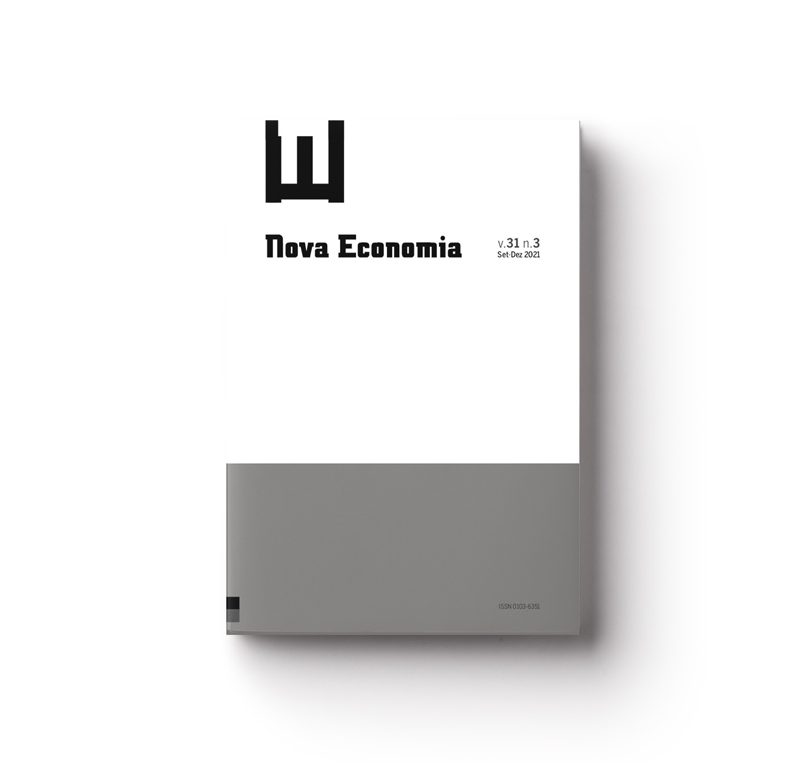Quem trabalhou remotamente no Brasil? Desigualdades evidenciadas pela pandemia
Resumo
Existe certo consenso de que a pandemia pode ampliar desigualdades preexistentes no mercado de trabalho e que uma questão essencial são as possibilidades desiguais de trabalhar remotamente. Este estudo avalia as desigualdades no trabalho remoto no Brasil por meio de análises descritivas e modelos Probit aplicados aos microdados da PNAD COVID-19. Constatamos que os trabalhadores que menos trabalharam remotamente foram os mais pobres, homens, residentes rurais, não brancos, mais jovens, sem ensino superior, autônomos ou assalariados sem carteira de trabalho assinada e trabalhadores agrícolas. Uma parte importante disso decorre de diferenças na seleção nas ocupações; mas, algumas variáveis mantiveram efeitos independentes importantes, principalmente a educação superior e a renda do trabalho. Logo, quanto à possibilidade de trabalho remoto, a pandemia teve efeito de ampliar desigualdades existentes, favorecendo os trabalhadores mais ricos, escolarizados e formalizados e impondo aos demais a necessidade de escolha entre emprego e renda e risco de contágio.
Palavras-chave: COVID-19; desigualdades; mercado de trabalho; pandemia; trabalho remoto.
Códigos JEL: J21, J22, J23
Downloads
Publicado
Como Citar
Edição
Seção
Licença
Copyright (c) 2021 Nicole Rennó Castro, Gustavo Carvalho Moreira

Este trabalho está licenciado sob uma licença Creative Commons Attribution 4.0 International License.
Autore[a]s que publicam nesta revista concordam com os seguintes termos:
- Autore[a]s mantém os direitos autorais e concedem à revista o direito de primeira publicação, com o trabalho simultaneamente licenciado sob a Licença Creative Commons Atribuição 4.0 Internacional que permite o compartilhamento do trabalho com reconhecimento da autoria e publicação inicial nesta revista.
- Autore[a]s têm autorização para assumir contratos adicionais separadamente, para distribuição não-exclusiva da versão do trabalho publicada nesta revista (ex.: publicar em repositório institucional ou como capítulo de livro), com reconhecimento de autoria e publicação inicial nesta revista.
- Autores têm permissão e são estimulados a publicar e distribuir seu trabalho online (ex.: em repositórios institucionais ou na sua página pessoal) a qualquer ponto antes ou durante o processo editorial, já que isso pode gerar alterações produtivas, bem como aumentar o impacto e a citação do trabalho publicado (Veja O Efeito do Acesso Livre).




